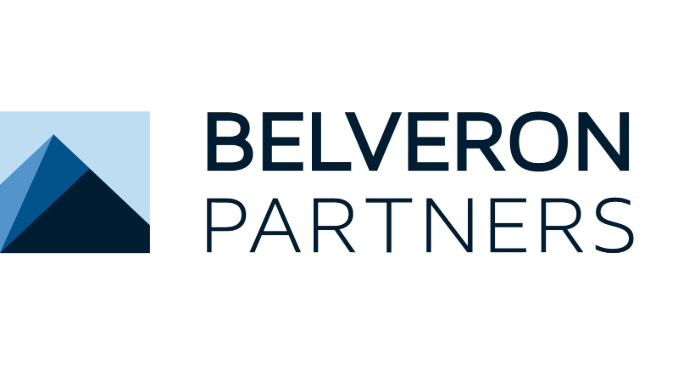Obviously, any business would like to be “better” according to its customers’ preferences. And eventually, someone inevitably says: “Why don’t we just ask the customers what they want?” But the idea that customer input can be relied upon for transformative brand-building is a crippling delusion. Before you know it, there you are in a focus group, asking mothers-of-three to design a new station wagon, while across town, Lee Iacocca is getting ready to eclipse the entire category with the minivan.
Nobody cares about customer data more than I do—but it’s important to recognize what it can do, and what it can’t. Customers may have good ideas about how to improve an existing product. But great new brands aren’t built on product improvements. Great new brands don’t tinker around the margins, or upgrade what already exists. Great new brands don’t just refine, they replace. And, in so doing, they redefine their market space.
How can we be brand innovators like that—not just product improvers, but category re-inventors?
The key is in going back to square one: Identifying a market need or desire in its purest, most fundamental form, and challenging ourselves to imagine fresh, non-traditional ways to serve it.
A good place to see that process in action is in the music industry. I submit that the most compelling innovations we’ve seen over the centuries have all addressed the same core customer desire: To listen to music we like, wherever and whenever we choose.
From the wandering minstrel to the phonograph to the boombox to the Walkman to the iPod, it’s all been about the same thing. Sure, a minstrel is a low-tech service provider, and an iPod is a hi-tech product, but they’re both attempts to address people’s enduring desire for accessible, quality music.
And yet, imagine if all the innovation in how we enjoy music had been dependent on customer feedback on “building a better minstrel”? We might have minstrels who sang more interesting songs, who came through town more frequently, who made house calls, who offered adjacent services like how to play the mandolin. But ten thousand songs in our pocket and iconic status for Apple? Sorry, no.
The lesson here is foundational to our success as brand builders. New and valuable offerings build brands. Not the other way around.
So by all means, listen to your customers’ suggestions. But remember, they’re experts in the brand you’ve already built. Only one person can build the next incarnation of your brand-and that is you.
Author: Jerry McLaughlin
















